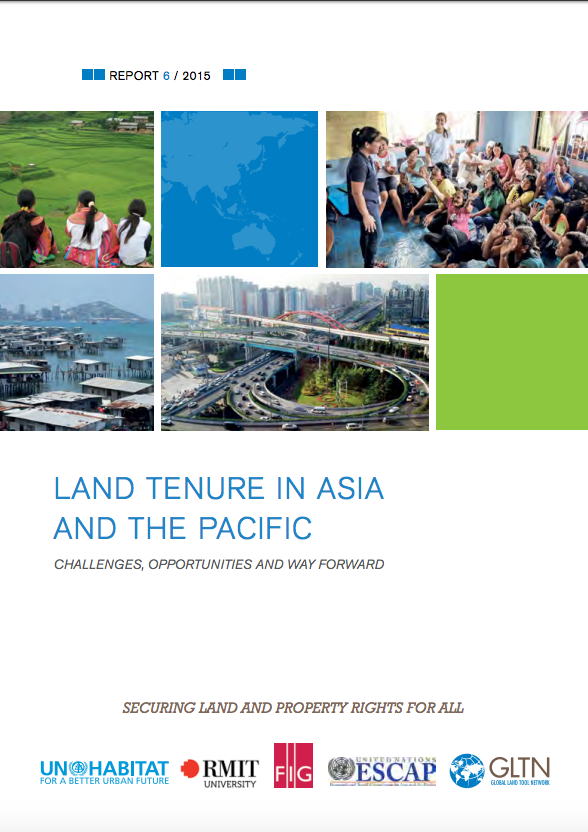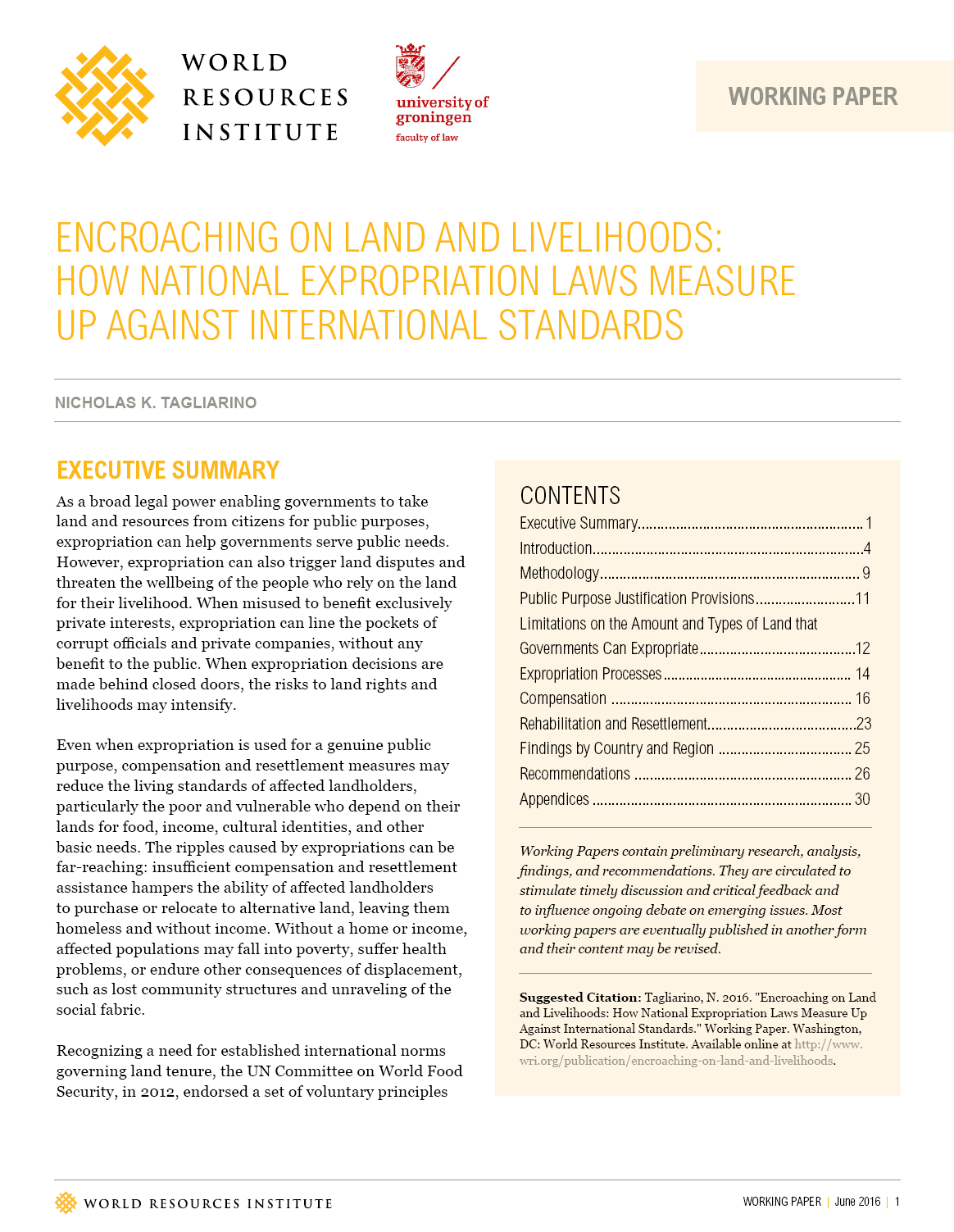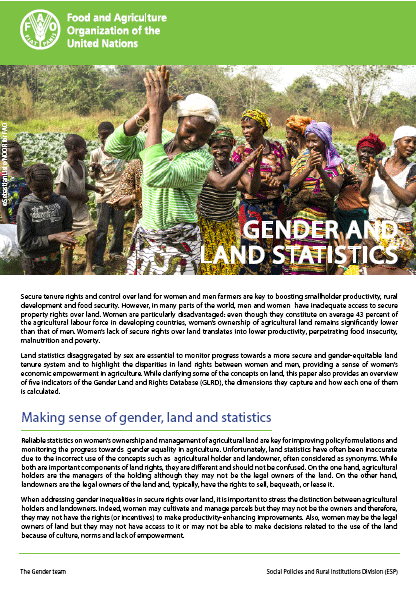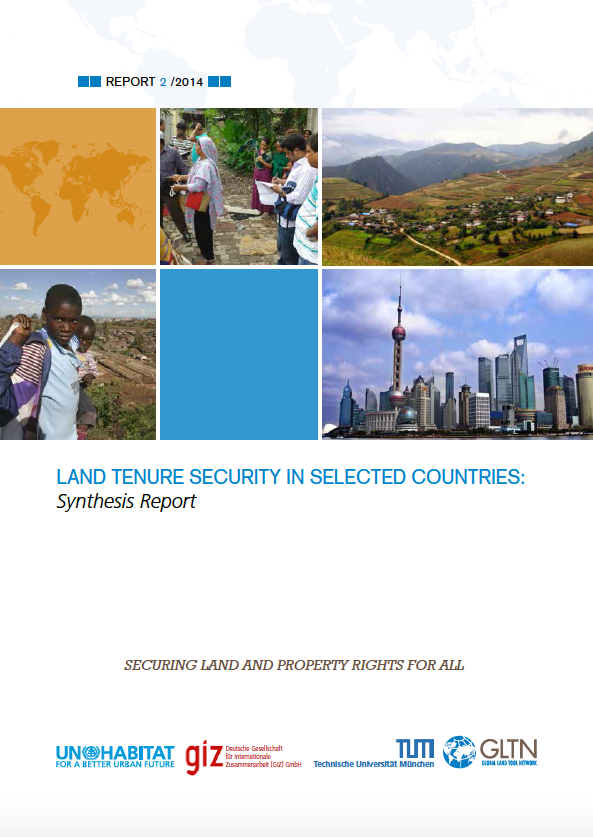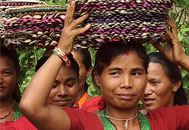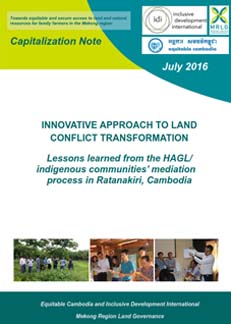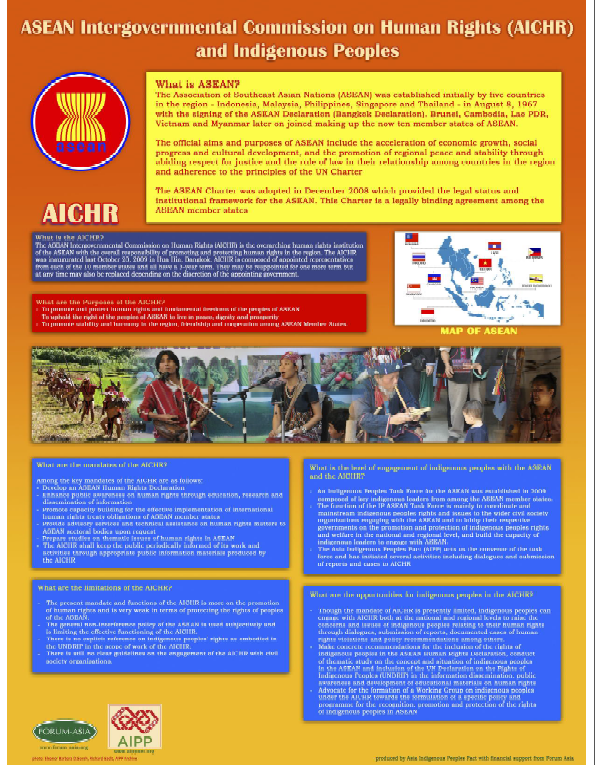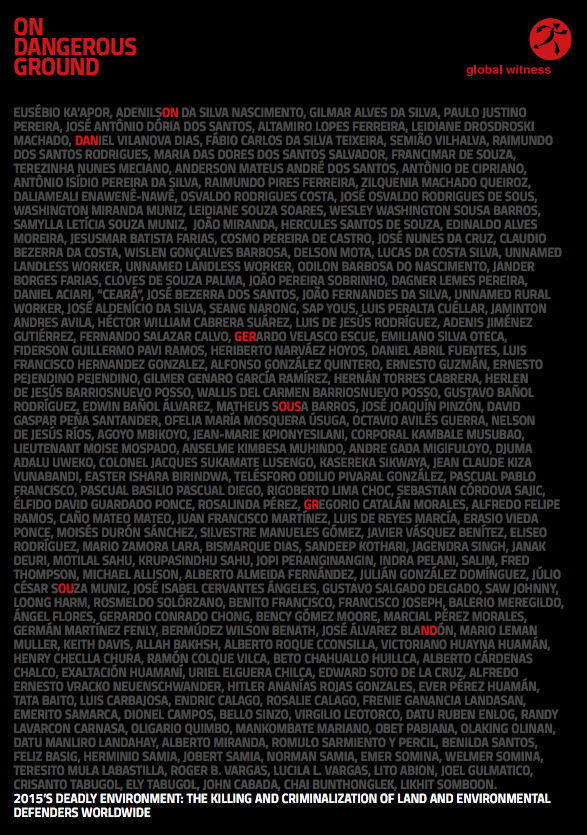Land Tenure in Asia and The Pacific: Challenges,Opportunities and Way Forward
This publication provides an overview of the findings of a review of land tenure security in Asia and the Pacific region in collaboration with key partners. It highlights the major land challenges, barriers and opportunities as the basis for future decisions about partnerships and engagement in the land sector at sub-regional and country level. The findings are based on an extensive literature review, interviews, a questionnaire, validation at several multi-stakeholder meetings and peer review.

